
The Shape of Things to Come
Seven Imperatives for Winning in the New World of Business
Read or listen offline
Amazon KindleRecommendation
Author Richard W. Oliver argues that speed and customer responsiveness are keys to the new world of business. To stay alive, companies must flatten their corporate structures, do away with old roles, and embrace the technology that allows data mining and Internet-based purchasing. The author predicts that in the new century companies will sell directly to consumers, job descriptions will become more fluid, and smart cards and knowbots will become ubiquitous devices. This compelling, thoughtful book examines the trends shaping the global economy. While the book isn’t always organized clearly, it illustrates its points through examples of real companies which have changed their practices. getAbstract.com recommends this book to any owners, executives, and managers who are involved in planning long-term strategies.
Summary
About the Author
Richard W. Oliver is a professor of management at the Owen Graduate School of Management at Vanderbilt University in Tennessee. He has written widely on business strategy, new business and global marketing. His books include The Coming Biotech Age: The Business of Bio-Materials.










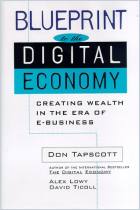
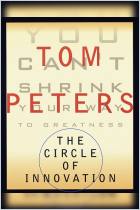
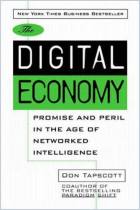
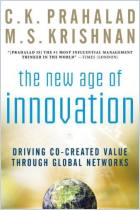
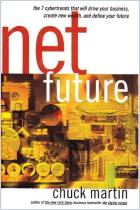







Comment on this summary or Start Discussion